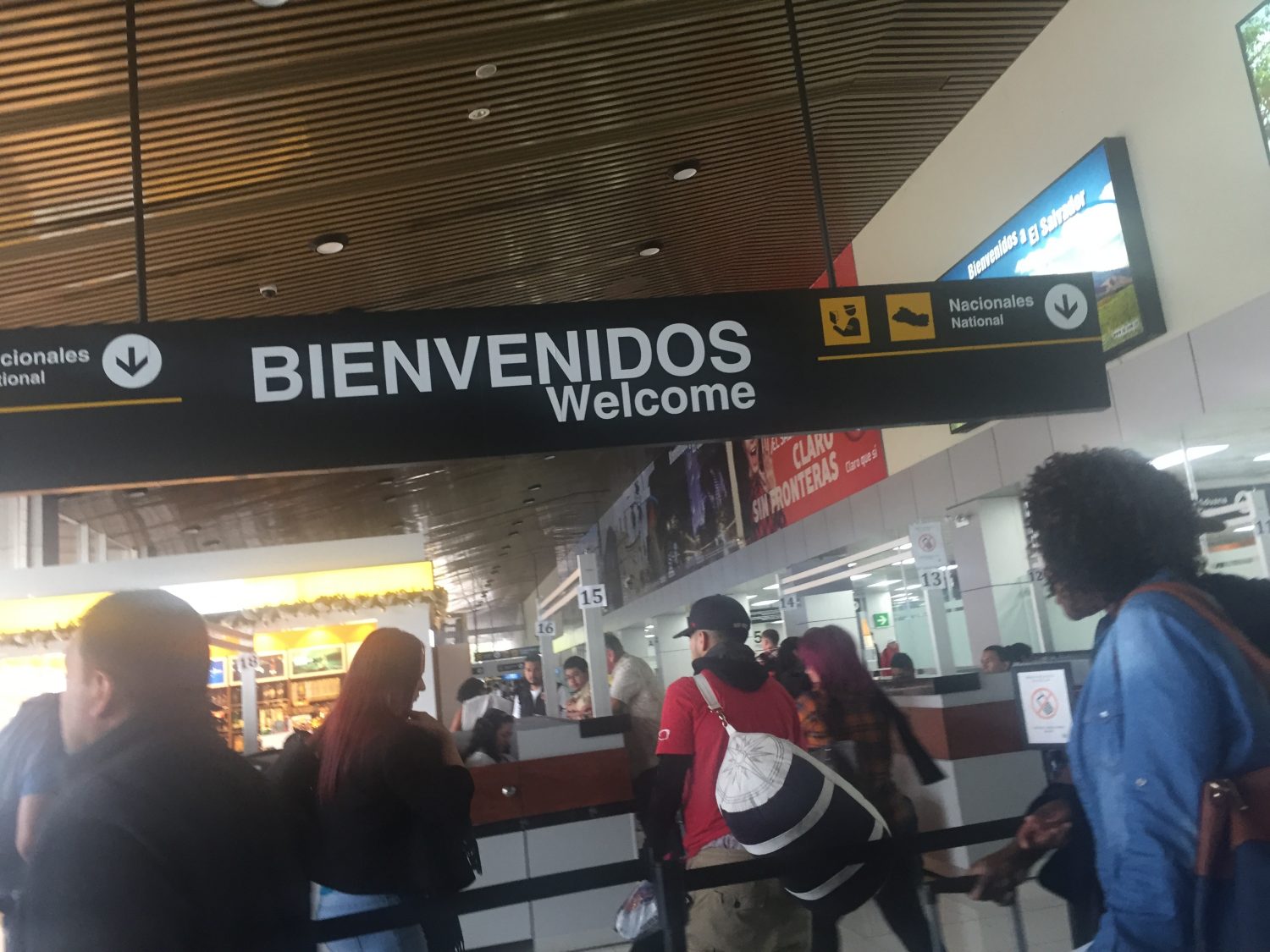I’m a citizen of the United States, and I’m a resident of El Salvador. After moving to El Salvador a year ago, in October of 2018, I applied for residency. The process took approximately 2 months and 5 visits to the immigration office with my Spanish-speaking girlfriend. I couldn’t have done it without her.
The government representatives ask a lot of questions, require a lot of documentation and the demand multiple visits to their office. In hindsight, the process is rather overwhelming and unnecessary (too much!). But that’s what it’s like living in a lesser-developed country. Things take a long time, they’re unpredictable and it requires a great deal of attention to ensure everything is carried out properly.
My residency application was accepted. Woohoo!
I was accepted for a temporary residency which will become a permanent residency after 3-6 months (depending on how fast they process paperwork). It felt really good when I was accepted. The final/unexpected step in the process was for immigration to visit the home I was living in.
They came unannounced to verify the legitimacy of me living here. They pulled up in a pickup truck at the front of the house. I was only half-awake when they arrived because it was 9:30 in the morning, so it was certainly a surprise to talk to 3 immigration officers in my pajamas. They were relieved and relaxed to see that I was clearly living here and that my application was legitimate. So, after two months of office visits, it was a weight off my shoulders that this was the final step and I passed 🙂
Advantages of being a resident in El Salvador
Residency only permits a person to live in another country. It’s the next step after being a tourist. Most travelers receive a tourist visa and must pay a $15 fee to enter the country of El Salvador. For me, I’m now a resident, which means that I have a resident visa instead of a tourist visa.
There are some advantages to being a resident. I don’t need to show my passport when I arrive (I show my residency card) and I don’t need to pay the $15 fee. Also, I’m not limited to the 90 days of visiting time that a tourist visa grants. I can stay for months on-end without worrying about an expiring visa. That means…less problems with immigration. Those are the immediate benefits of being a resident.
The long-term benefit of being a resident is that I can file my taxes differently. Since I don’t live in the United States, I can take advantage of certain tax exemptions that citizens pay in the United States. It’s called the Foreign Earned Income Exclusion (FEIE), which basically means that I don’t pay Federal Taxes to the USA (at least for any income below $92,000 per year). I need to talk more to my accountant to fully understand that, but he already told me that that’s the case.
Keep in mind…residency is different from citizenship.
Residency says nothing about work-status, and it says nothing about citizenship. I will forever an always be a US Citizen. I am not permitted to work for a company/organization that’s located in El Salvador with my current residency status, but I can work remotely for companies and clients that are located in the USA while I live in El Salvador. Thank god I chose to be a programmer, otherwise it would be very difficult to find work online.
Anyway, if/when my girlfriend and I get married (assuming she says “yes”) I will then have the option to be a citizen of El Salvador. I’m not 100% certain how the laws work, but I do know that the USA doesn’t have the ability to take away your citizenship, nor deny you to become a citizen of another country. This is a matter of sovereignty which is somewhat of a political mess in the world we have today.
So, residency and citizenship are completely different. I’ll keep you posted as I learn more about the process.


